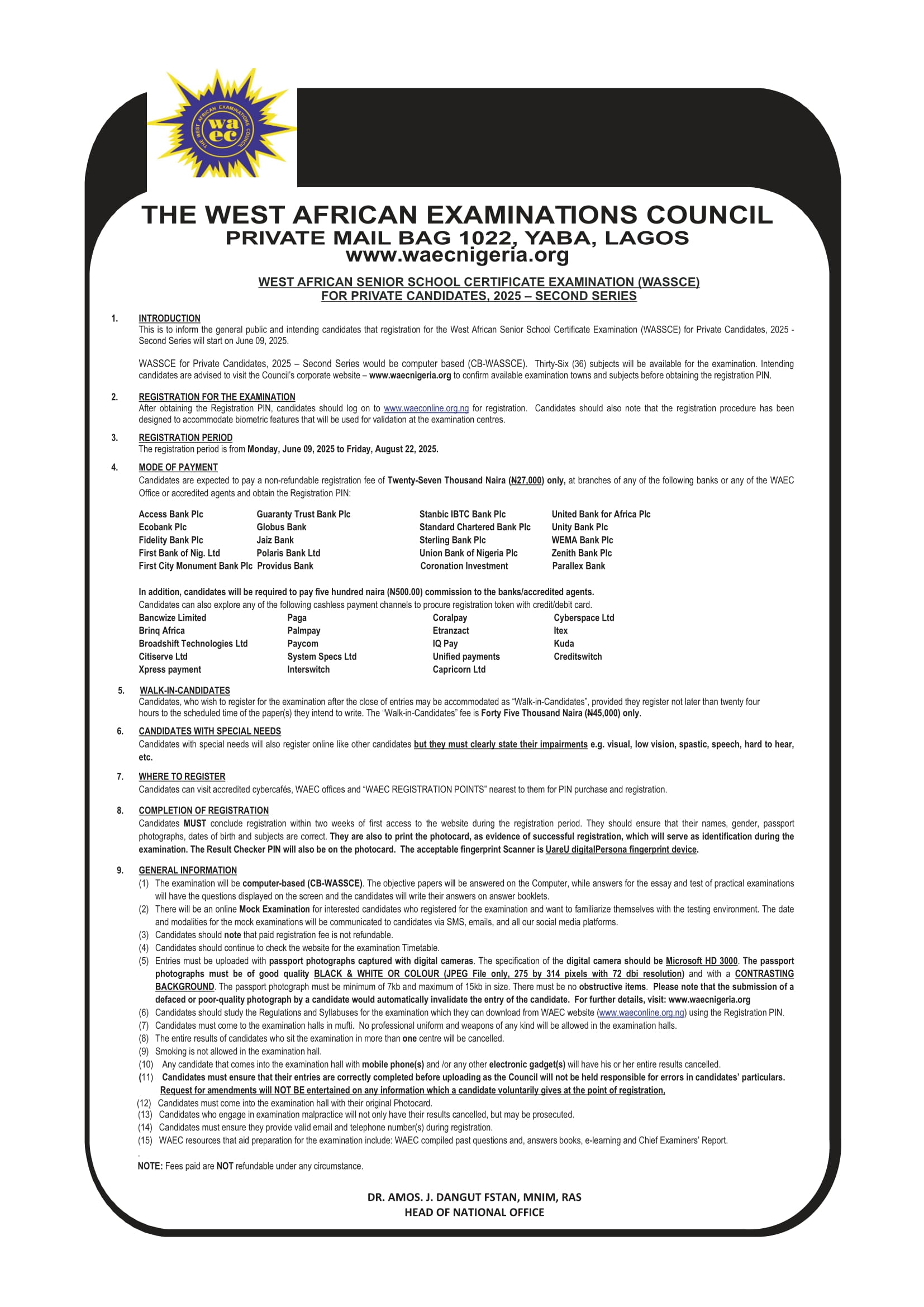
Oil
Oil Prices Climb Despite Demand Uncertainty

Dear Member ,


Oil prices have been buoyed this week by promising inflation data in the U.S., although the uncertainty surrounding China’s oil demand will keep oil markets on edge.
There is plenty of uncertainty in oil markets at the moment, particularly regarding the timing of China’s demand recovery as it moves away from its zero-Covid policy. Despite that uncertainty, oil prices have been buoyed by promising US inflation data, with consumer prices falling for the first time in more than two and a half years. WTI is now flirting with the $80 per barrel threshold again while Brent is nearing $85.
With Europe’s desire to replace Russian pipeline gas making it the premium market for liquefied natural gas around the world, global volumes of LNG imports have increased by 7% year-on-year to 409 million tons, the highest on record.
Having participated in the purchase of the Italian ISAB refinery, global trading house Trafigura sold its 24.5% stake in India’s second-largest refinery Nayara to a relatively unknown Italian investment firm called Mareterra Group.
Riot police removed dozens of environmentalists from buildings in Germany’s abandoned village of Luetzerath where energy company RWE (FRA:RWE) plans to go ahead with the expansion of the Garzweiler coal mine after several days of protests.
The US House of Representatives passed a bill, broadly supported by the two main parties in a 331-97 vote, that would limit direct sales of oil from the Strategic Petroleum Reserve to China, such as we’ve seen last year in the 180-million-barrel emergency release.
According to a recently published UN research paper, nearly 50,000 large hydro dams could lose more than a quarter of their storage capacity by 2050 as a result of sedimentation build-ups, lowering global hydro capacity to 4.65 trillion m3.
The US National Highway Traffic Safety Administration plans to propose new fuel economy standards for 2027 and beyond this April, most probably reflecting the White House’s goal of seeing 50% of all new vehicles sold in 2030 be EVs or PHEVs.
Still generating almost all its electricity from fossil fuels, Saudi Arabia intends to use domestically-produced uranium to feed its nascent nuclear power industry, with energy minister Prince Abdulaziz saying it might also include uranium enrichment.
After a Reuters report claiming that the much-anticipated restart of the Freeport LNG liquefaction facility in Texas would be delayed into February due to the lack of regulatory approvals, the company reiterated its objective to relaunch the plant in the second half of January.
South Africa has been going through a period of unprecedented electricity shortages due to breakdowns and planned repairs, with the country’s grid operator Eskom introducing “Stage 6” cuts, meaning no power for 6-8 hours a day, until further notice.
The world’s second-largest gold producer Barrick Gold (NYSE:GOLD) has signed joint venture deals with Saudi Arabia’s state mining company Ma’aden for two copper exploration projects in the country’s southwest.
Joining the US, China, and Germany, Indonesia might become the fourth gigafactory location for EV carmaker Tesla (NASDAQ:TSLA) with an assumed production capacity of 1 million units and further supply chain facilities that might include nickel smelting.
With the Indo-Guyanese making up a majority of the population of oil-rich Guyana, the government in Georgetown is seeking to award new exploration blocks to Indian companies as part of a broader cooperation strategy between the two nations.
US oil major ExxonMobil (NYSE:XOM) sold its two-thirds stake in Esso Thailand to Thai energy company Bangchak Corporation (BKK:BCP) for $600 million, with the sale including the Sriracha oil refinery and 700 service stations across the country.
UK-based energy major Shell (LON:SHEL) hit commercial volumes of natural gas with its Pensacola exploration well in the UK southern North Sea – the prospect was believed to contain prospective resources of 309 billion cubic feet.
About The Author

